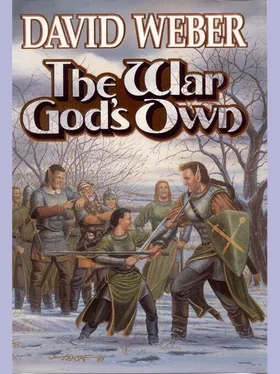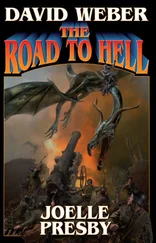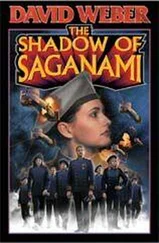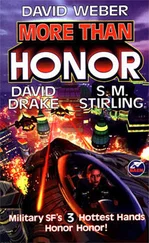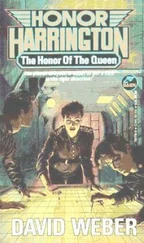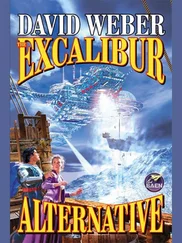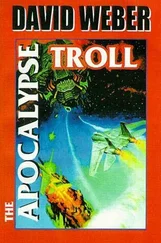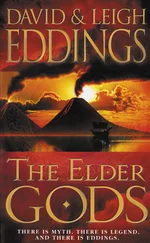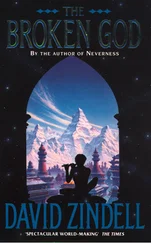Lillinara Orfressa
Known as "Friend of Women" and "The Silver Lady," Lillinara is Orr and Kontifrio's eleventh child, the goddess of the moon and women. She is one of the more complex deities, and extremely focused. She is appealed to by young women and maidens in her persona as the Maid and by mature women and mothers in her persona as the Mother. As avenger, she manifests as the Crone, who also comforts the dying. She dislikes Hirahim Lightfoot intensely, but she hates Shīgū (as the essential perversion of all womankind) with every fiber of her being. Her symbol is the moon.
Norfram Orfro
The "Lord of Chance" is Orr and Kontifrio's ninth child and the god of fortune, good and bad. His symbol is the infinity sign.
Orfressa
According to Norfressan theology, Orfressa is not a god but the universe herself, created by Orr even before Kontifrio, and she is not truly "awake." Or, rather, she is seldom aware of anything as ephemeral as mortals. On the very rare occasions when she does take notice of mortal affairs, terrible things tend to happen, and even Orr can restrain her wrath only with difficulty. It should be noted that among Norfressans, "Orfressa" is used as the name of their world, as well as to refer to the universe at large.
Semkirk Orfro
Known as "The Watcher," Semkirk is the tenth child of Orr and Kontifrio. He is the god of wisdom and mental and physical discipline and, before The Fall of Kontovar, was the god of white wizardry. Since The Fall, he has become the special patron of the psionic magi, who conduct a merciless war against evil wizards. He is a particularly deadly enemy of Carnadosa, the goddess of black wizardry. His symbol is a golden scepter.
Silendros Orfressa
The fourteenth and final child of Orr and Kontifrio, Silendros (called "Jewel of the Heavens") is the goddess of stars and the night. She is greatly reverenced by jewel smiths, who see their art as an attempt to capture the beauty of her heavens in the work of their hands, but generally has little to do with mortals. Her symbol is a silver star.
Sorbus Kontifra
Known as "Iron Bender," Sorbus is the smith of the gods. He is also the product of history's greatest seduction (that of Kontifrio by Hirahim-a "prank" Kontifrio has never quite forgiven), yet he is the most stolid and dependable of all the gods, and Orr accepts him as his own son. His symbol is an anvil.
Tolomos Orfro
"The Torch Bearer" is the twelfth child of Orr and Kontifrio. He is the god of light and the sun and the patron of all those who work with heat. His symbol is a golden flame.
Tomanāk Orfro
Tomanāk , the third child of Orr and Kontifrio, is Chesmirsa's older twin brother and second only to Orr himself in power. He is known by many names-"Sword of Light," "Scale Balancer," "Lord of Battle," and "Judge of Princes" to list but four-and has been entrusted by his father with the task of overseeing the balance of the Scales of Orr. He is also captain general of the Gods of Light and the foremost enemy of all the Dark Gods (indeed, it was he who cast Phrobus down when Phrobus first rebelled against his father). His symbols are a sword and/or a spiked mace.
Torframos Orfro
Known as "Stone Beard" and "Lord of Earthquakes," Torframos is the eighth child of Orr and Kontifrio. He is the lord of the Earth, the keeper of the deep places and special patron of engineers and those who delve, and is especially revered by dwarves. His symbol is the miner's pick.
Toragan Orfro
"The Huntsman," also called "Woodhelm," is the thirteenth child of Orr and Kontifrio and the god of nature. Forests are especially sacred to him, and he has a reputation for punishing those who hunt needlessly or cruelly. His symbol is an oak tree.
The Dark Gods
Phrobus Orfro
Called "Father of Evil" and "Lord of Deceit," Phrobus is the seventh child of Orr and Kontifrio, which explains why seven is considered the unlucky number in Norfressa. No one recalls his original name; "Phrobus" ("Truth Bender") was given to him by Tomanāk when he cast Phrobus down for his treacherous attempt to wrest rulership from Orr. Following that defeat, Phrobus turned openly to the Dark and became, in fact, the opening wedge by which evil first entered Orfressa. He is the most powerful of the gods of Light or Dark after Tomanāk , and the hatred between him and Tomanāk is unthinkably bitter, but Phrobus fears his brother worse than death itself. His symbol is a flame-eyed skull.
Shīgū
Called "The Twisted One," "Queen of Hell," and "Mother of Madness," Shīgū is the wife of Phrobus. No one knows exactly where she came from, but most believe she was, in fact, a powerful demoness raised to godhood by Phrobus when he sought a mate to breed up his own pantheon to oppose that of his father. Her power is deep but subtle, her cruelty and malice are bottomless, and her favored weapon is madness. She is even more hated, loathed, and feared by mortals than Phrobus, and her worship is punishable by death in all Norfressan realms. Her symbol is a flaming spider.
Carnadosa Phrofressa
"The Lady of Wizardry" is the fifth child of Phrobus and Shīgū. She has become the goddess of black wizardry, but she herself might he considered totally amoral rather than evil for evil's sake. She enshrines the concept of power sought by any means and at any cost to others. Her symbol is a wizard's wand.
Fiendark Phrofro
The first-born child of Phrobus and Shīgū, Fiendark is known as "Lord of the Furies." He is cast very much in his father's image (though, fortunately, he is considerably less powerful) and all evil creatures owe him allegiance as Phrobus's deputy. Unlike Phrobus, who seeks always to pervert or conquer, however, Fiendark also delights in destruction for destruction's sake. His symbols are a flaming sword or flame-shot cloud of smoke.
Krahana Phrofressa
"The Lady of the Damned" is the fourth child of Phrobus and Shīgū and, in most ways, the most loathsome of them all. She is noted for her hideous beauty and holds dominion over the undead (which makes her Isvaria's most hated foe) and rules the hells to which the souls of those who have sold themselves to evil spend eternity. Her symbol is a splintered coffin.
Krashnark Phrofro
The second son of Phrobus and Shīgū, Krashnark is something of a disappointment to his parents. The most powerful of Phrobus' children, Krashnark (known as "Devil Master") is the god of devils and ambitious war. He is ruthless, merciless, and cruel, but personally courageous and possessed of a strong, personal code of honor, which makes him the only Dark God Tomanāk actually respects. He is, unfortunately, loyal to his father, and his power and sense of honor have made him the "enforcer" of the Dark Gods. His symbol is a flaming steward's rod.
Sharnā Phrofro
Called "Demonspawn" and "Lord of the Scorpion," Sharnā is Krashnark's younger, identical twin (a fact which pleases neither of them). Sharnā is the god of demons and the patron of assassins, the personification of cunning and deception. He is substantially less powerful than Krashnark and a total coward, and the demons who owe him allegiance hate and fear Krashnark's more powerful devils almost as much as Sharnā hates and fears his brother. His symbols are the giant scorpion (which serves as his mount) and a bleeding heart in a mailed fist.
